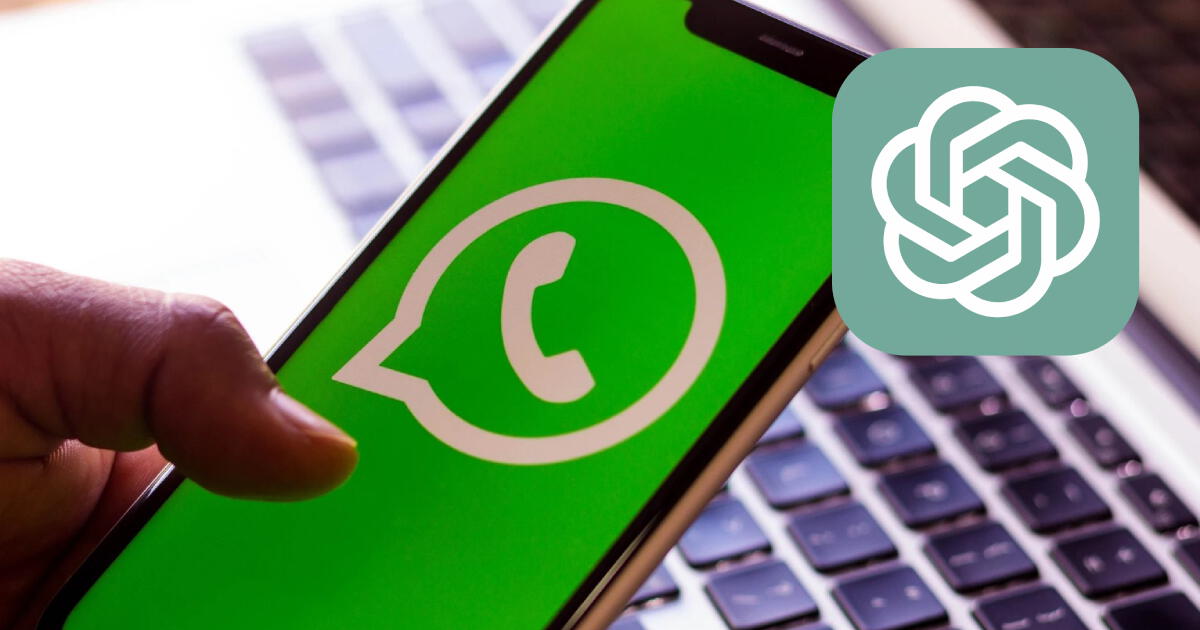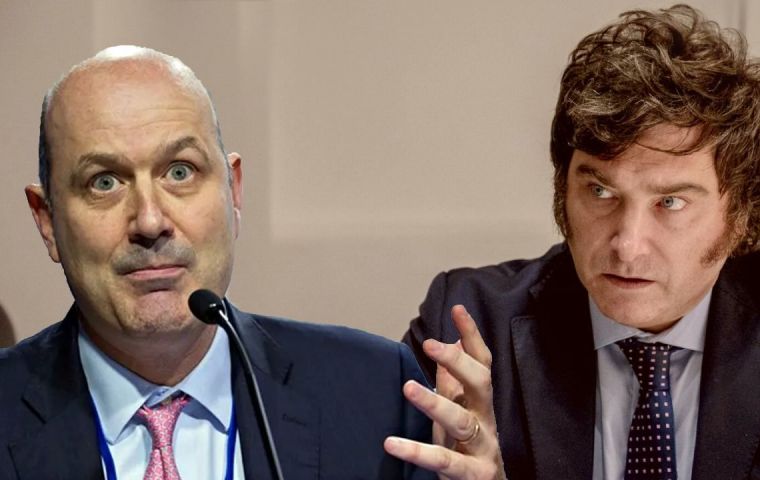Neuralink Chip Faces Early Challenges for Paralyzed Patient: A Setback for Musk's Ambitious Project?

Neuralink's Promise Tested: First Implant Patient Experiences Unexpected Issues
Just over a month after becoming the first paralyzed man to receive Elon Musk's Neuralink chip implant, Noland Arbaugh, a participant in this groundbreaking experiment, is facing unexpected challenges. This milestone, initially hailed as a significant leap forward in neurotechnology and a testament to Neuralink's innovative approach, has now encountered a setback, raising questions about the long-term viability of the technology.
Arbaugh, who has been paralyzed from the chest down for over a decade, received the implant in January 2024. The procedure, performed at a hospital in Texas, involved the implantation of a chip designed to decode brain signals and allow him to control devices using only his thoughts. Early reports indicated promising results, with Arbaugh demonstrating the ability to play chess and navigate a virtual environment using his mind. These initial successes fueled excitement and cemented Neuralink's position as a leader in the burgeoning field of brain-computer interfaces.
However, recent updates shared by Arbaugh on X (formerly Twitter) reveal a more complex reality. He reported experiencing issues with the device, including a loss of connection and the need for frequent reboots. According to Arbaugh, the chip initially functioned well, allowing him to control his computer with remarkable precision. But over time, the connection became unreliable, interrupting his ability to use the device consistently. He has also mentioned needing to restart the device multiple times a day, which significantly diminishes its usability.
While the exact cause of these issues remains unclear, Neuralink has acknowledged the problems and stated they are working diligently to resolve them. In a statement, the company indicated that the challenges are likely related to the chip's integration with Arbaugh's body and the complexities of long-term neural adaptation. They emphasized that these early issues are not uncommon in experimental medical devices and that they are committed to refining the technology based on Arbaugh's feedback.
What does this mean for Neuralink and the future of brain-computer interfaces?
This setback underscores the inherent risks and challenges associated with pioneering medical technologies. While Neuralink's ambition to restore functionality to paralyzed individuals is undeniably inspiring, the reality of implanting and maintaining such a complex device within the human body is fraught with technical hurdles. The situation highlights the importance of rigorous testing, iterative design, and ongoing monitoring to ensure the safety and efficacy of these devices.
Despite the current difficulties, Arbaugh remains optimistic about the potential of Neuralink's technology. He acknowledges the challenges but believes that with continued refinement, the chip can ultimately provide him with greater independence and improved quality of life. The experience serves as a valuable learning opportunity for Neuralink, providing crucial insights that will inform future iterations of the device and pave the way for broader adoption of brain-computer interfaces in the years to come.
The coming months will be crucial in determining whether Neuralink can overcome these early obstacles and realize its ambitious vision. The world will be watching closely as Arbaugh and the Neuralink team work to troubleshoot the issues and unlock the full potential of this revolutionary technology.






